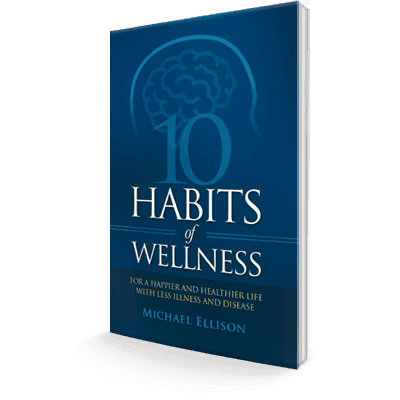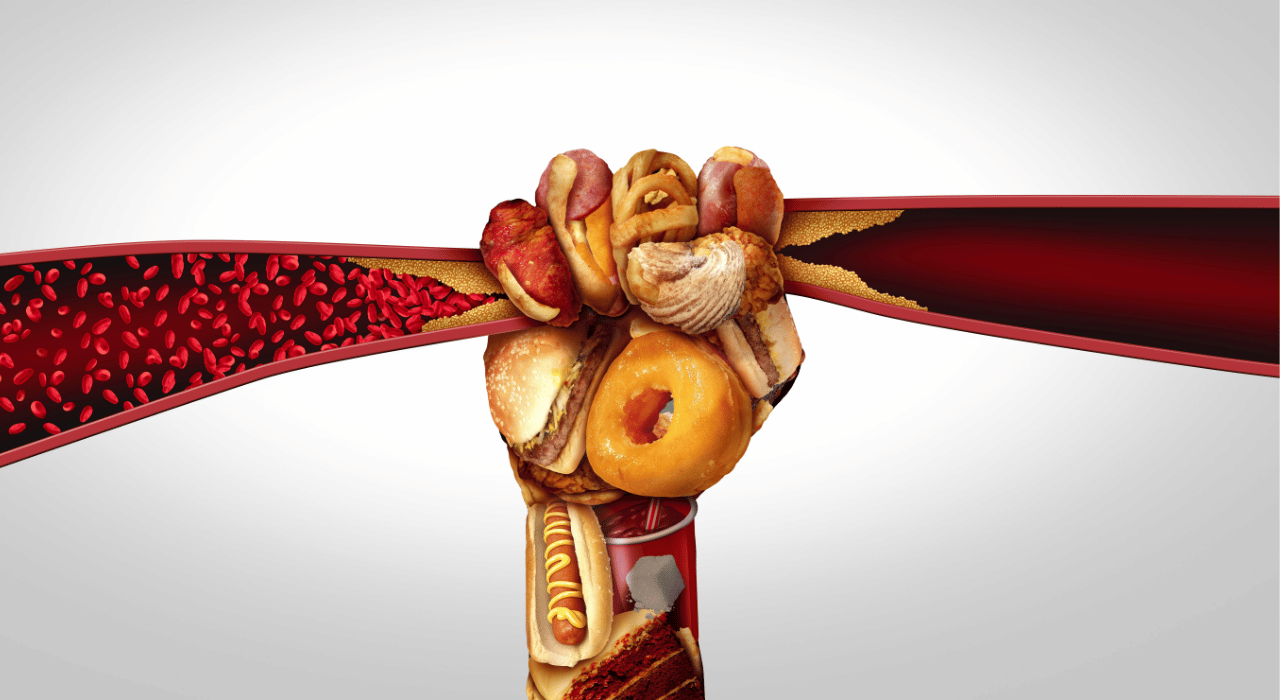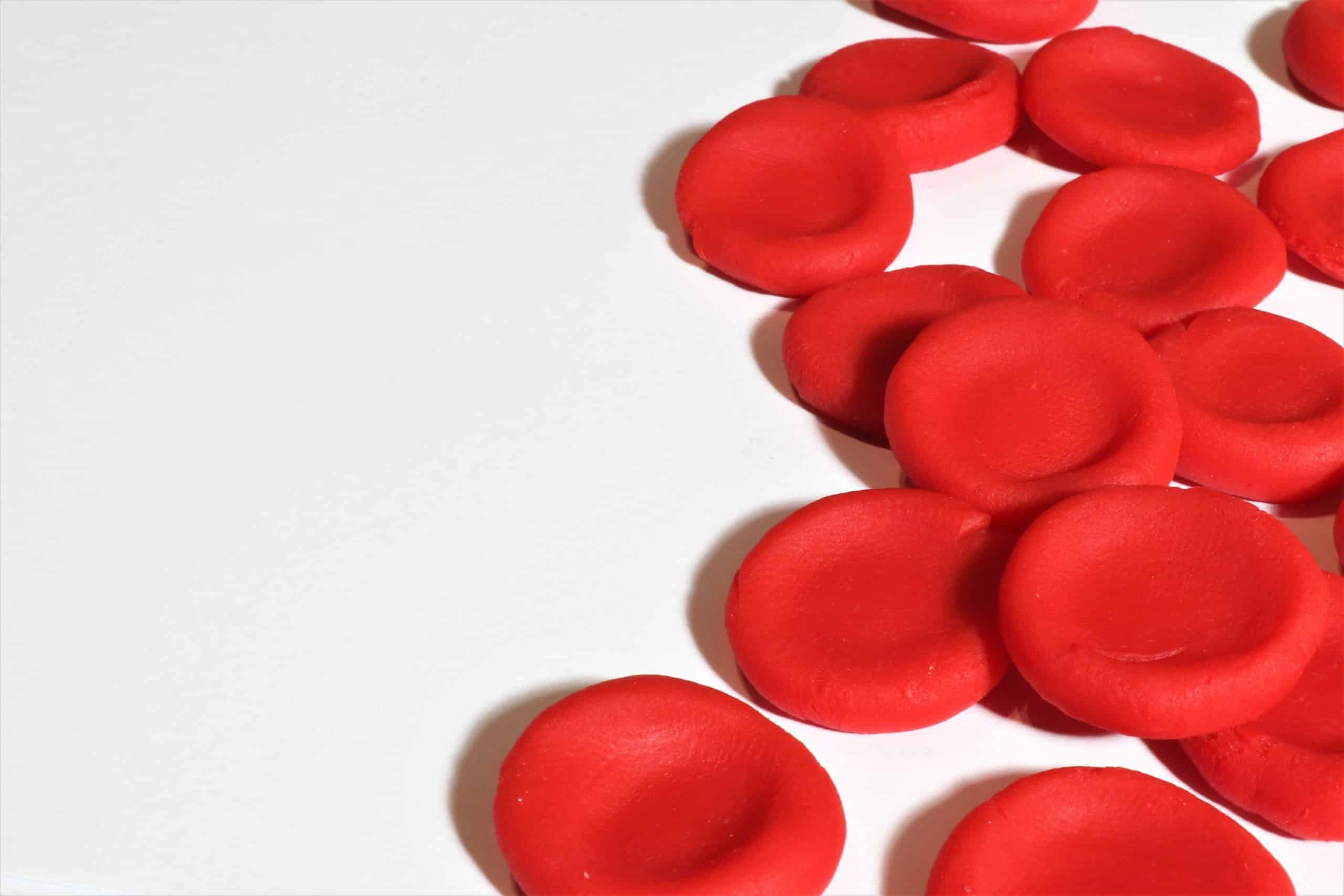Life affects your blood pressure
Is your work stressful? Having relationship problems, or trouble paying your bills? Any of these situations can raise blood pressure for a short time. One reading alone isn’t enough for a diagnosis of high BP, however, and that’s why every visit to your healthcare provider should include a BP check. Your provider might ask you to keep a diary of your BP readings taken at home, or return to the office periodically for BP checks.What’s normal, what’s dangerous
 While there is some disagreement in medicine about what BP reading puts you “at risk,” we can look at ranges for normal and high BP. The current recommended range for normal BP is up to 139/89 mmHG (this means millimeters of mercury; it’s how BP is measured). Generally, the medical world views readings of 140/90 and above as high BP. Readings of 180/110 are considered “very high BP,” or hypertensive emergency, and call for immediate medical attention. Usually, the higher the BP, the higher the risks for health problems.
While there is some disagreement in medicine about what BP reading puts you “at risk,” we can look at ranges for normal and high BP. The current recommended range for normal BP is up to 139/89 mmHG (this means millimeters of mercury; it’s how BP is measured). Generally, the medical world views readings of 140/90 and above as high BP. Readings of 180/110 are considered “very high BP,” or hypertensive emergency, and call for immediate medical attention. Usually, the higher the BP, the higher the risks for health problems.
What you can do
If you get a diagnosis of high BP, the first step is to make lifestyle changes. Your doctor will urge you to stop smoking if you do smoke; find ways to manage stress; control cholesterol; enjoy regular exercise; lose weight if necessary; decrease salt and alcohol intake; and manage diseases that influence BP, such as diabetes and obesity. If these steps don’t get your BP within a normal range, your doctor will discuss additional treatments that are most suited to you. Do yourself, your blood pressure and your health a favor: eat right, exercise and live all of the “10 Essentials” to experience optimal wellness.References: 1. Health.org: Monitor Your Blood Pressure 2. Heartfoundation.org: Hypertension 3. Healthday.com: Lower Blood Pressure Reduces First Stroke Risk 4. Heart.org: Know Your Risk Factors for High Blood Pressure











